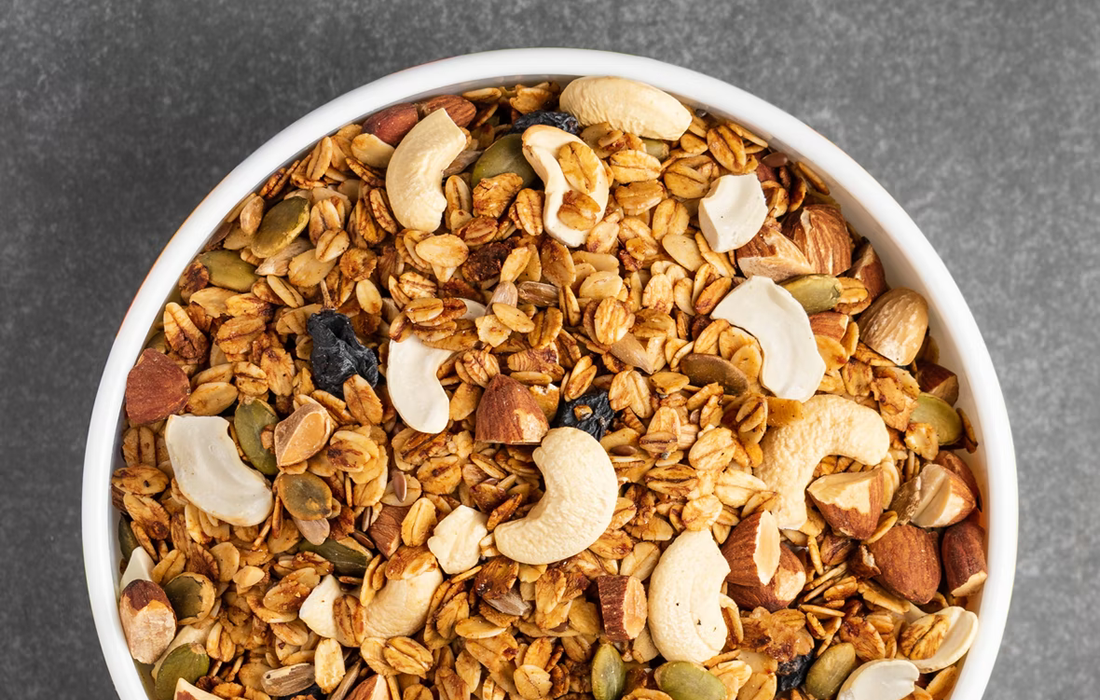Nutrition and Supplements
Is the Type of Fiber Important?
High-fiber diets are known to reduce the risk of heart attack, stroke, and cardiovascular disease. They act by lowering cholesterol and promoting a healthier lipid profile for people eating a Westernized diet.
Only 5% of Americans aged 19-50 years consume the recommended 28 g (female)/35 g (male) of total fiber per day, with 90% of Americans consuming an average of 15 g of fiber per day.
Dietary fiber supplementation has the potential to close this fiber gap, highlighting its broad potential relevance to health-related outcomes.
There are 2 types of fiber, both of which are non-starch polysaccharides that people cannot digest:
- Insoluble fiber provides bulk to the diet and moves waste through the body, keeping the gut healthy and helping prevent constipation.
- Soluble fiber forms a gel-like substance that is broken down by gut bacteria. It can lower cholesterol levels and help regulate blood sugar levels.
According to studies, not all dietary fibers are the same. In a recently published study, researchers found that health benefits vary between individuals and depend on the type of fiber. The study appears in the journal Cell Host & Microbe.
For the study, researchers included a total of 18 participants (8 men and 10 women) that had their diets periodically supplemented with 2 fibers, arabinoxylan (AX) and long-chain inulin (LCI). AX is found in whole grains, such as rye, wheat, oats, and rice, while LCI is found in onions, chicory root, garlic, and Jerusalem artichokes.
The team separated the team into 2 groups for 3 crossover trials. One group started with AX, the other with LCI then switched over. After that, both groups finished with a mixture of fibers consisting of AX, LCI, acacia gum, glucomannans, and resistant starch.
Each trial consisted of 3 weeks, during the first week they consumed 10 g of fiber per day, then increased to 20 g during the second week and 30 g during the third. There was a 6-8 week break between the 3 trials.
The researchers found that AX consumption was associated with a significant reduction in LDL and an increase in bile acids, contributing to its observed cholesterol reduction. LCI was associated with an increase in Bifidobacterium and a small decrease in inflammatory markers. This bacteria is generally regarded as beneficial to gut health.
Sources:
Samuel M. Lancaster, et al. Global, distinctive, and personal changes in molecular and microbial profiles by specific fibers in humans. 2022. Cell Host & Microbe. https://doi.org/10.1016/j.chom.2022.03.036
Katherine Lang. (2022, Apr 29). Benefits of dietary fiber may vary for different people: Here’s why. Medical News Today. Retrieved from:
Image from:
Photo by ABHISHEK HAJARE on Unsplash

